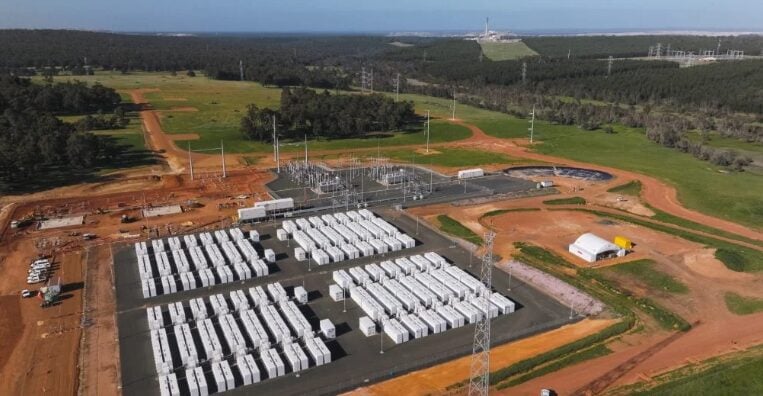Green Energy Revolution: Tesla Unveils Groundbreaking Megapack Recycling Hub in Western Australia

Tesla is set to make a significant green energy investment in Western Australia, signing a Memorandum of Understanding (MoU) with the state government to establish a cutting-edge battery re-manufacturing facility in the town of Collie. This strategic move underscores Tesla's commitment to sustainable technology and circular economy principles.
The proposed facility will focus on recycling and repurposing electric vehicle batteries, transforming what was once considered waste into valuable resources. Located in Collie, a region traditionally known for its coal mining heritage, the project represents an exciting transition towards clean energy and economic diversification.
By choosing Western Australia as the site for this innovative facility, Tesla is not only expanding its global recycling infrastructure but also supporting the state's ambitions to become a leader in renewable energy and advanced manufacturing. The project is expected to create local jobs and contribute to the region's economic transformation.
This collaboration between Tesla and the Western Australian government highlights a forward-thinking approach to battery technology, demonstrating how innovative companies can play a crucial role in building a more sustainable future.

